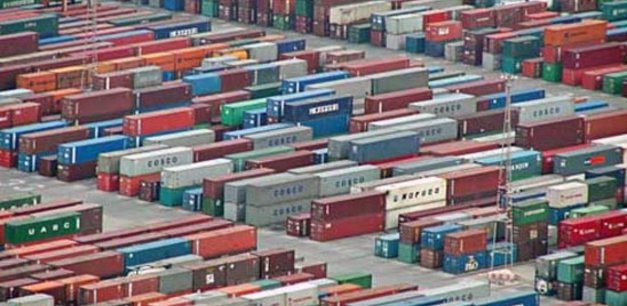An Increase in Iran’s Trade Expenses

Farshad Momeni: The most important impact is that it will increase the cost of trade in Iran's economy. This is the most immediate and most direct impact of Iran’s oil and gas trade with currencies like Yuan and Rupees. The issue that must be paid attention to is that if this is our only economic problem, it will be possible with 15 to 30 percent payment, but if this problem reaches other levels, it will naturally increase the difficulties for Iran's economy.
ID: Basically, what is the meaning of this economic trend? In society, it is interpreted that when a country states that it will purchase Iran’s oil with its own currency, it means that we are obliged to buy goods only from that country and spend the received money there. Is this a correct assessment?
FM: No. This is not a correct assessment. Any of the currencies which our oil trade partners deliver to us can be exchanged with the world's dominant currencies in certain levels through payment of certain costs and we can then purchase products from other countries. If an important product we need is available in one of the countries that buys our oil, Iran can make this purchase without costly currency exchanges. It is obvious that this trend is to the interest of these countries and Iran's needed goods and services will be provided by these states. But, this issue, by itself, does not mean that we will be obliged to only buy products from those countries.
ID: Can the private sector’s presence in Iran's economy, as is now discussed in the sector of oil, be effective in removing these problems?
FM: There is no doubt that the presence of the private sector cannot be effective, for it does not have the necessary experimental, scientific, and skilled precedence in this issue. But considering the fact that it could create small opportunities for Iran, it could possibly create better conditions than what we currently have in the country’s trade dealings.
ID: To what extent could this presence lead to an increase in corruption?
FM: The presence of the private sector in our trade dealings will not increase corruption in itself. However, due to the fact that it would not be exactly clear how and to whom permission for such dealings would be given, we could regard it as an unequal opportunity and an advantage for a small number of groups. Therefore, the presence of the private sector in the sale of oil and other trade dealings is not an increasing factor of corruption in itself, but this increase might be seen if necessary laws and transparencies do not exist.

